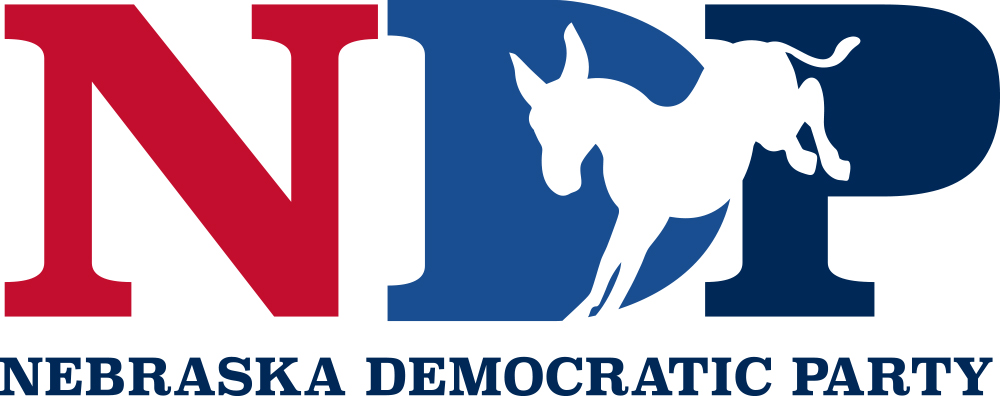
President Biden and Vice President Harris support the Senate’s passage of the Infrastructure Investment and Jobs Act, the largest long-term investment in our infrastructure and competitiveness in nearly a century.
The need for action in Nebraska is clear and recently released state-level data demonstrates that the Infrastructure Investment and Jobs Act will deliver for Nebraska.
For decades, infrastructure in Nebraska has suffered from a systemic lack of investment. The historic Infrastructure Investment and Jobs Act will make life better for hundreds of thousands of Nebraska residents, create a generation of good-paying union jobs and economic growth, and position the United States to win the 21st century. Specifically, the
Infrastructure Investment and Jobs Act will:
• Repair and rebuild our roads and bridges with a focus on climate change mitigation, resilience, equity, and safety for all users, including cyclists and pedestrians.
In Nebraska there are 1,302 bridges and over 1,125 miles of highway in poor condition.
Since 2011, commute times have increased by 6.6% in Nebraska, and on average, each driver pays $461 per year in costs due to driving on roads in need of repair. The Infrastructure Investment and Jobs Act is the single largest dedicated bridge investment since the construction of the interstate highway system.
Based on formula funding alone, Nebraska would expect to receive $2 billion for federal-aid highway apportioned programs and $225 million for bridge replacement and repairs under the Infrastructure Investment and Jobs Act over five years1. Nebraska can also compete for the $12.5 billion Bridge Investment Program for economically significant bridges and
nearly $16 billion of national funding in the bill dedicated for major projects that will deliver substantial economic benefits to communities.
• Improve healthy, sustainable transportation options for millions of Americans.
Nebraskans who take public transportation spend an extra 82.5 percent of their time commuting and non-White households are 4.7 times more likely to commute via public transportation. Nineteen percent of transit vehicles in the state are past useful life.
Based on formula funding alone, Nebraska would expect to receive $192 million over five years under the Infrastructure Investment and Jobs Act to improve public transportation options across the state 2.
• Build a network of EV chargers to facilitate long-distance travel and provide convenient charging options.
The U.S. market share of plug-in electric vehicle (EV) sales is only one-third the size of the Chinese EV market. The President believes that must
change.
The bill invests $7.5 billion to build out the first-ever national network of EV
chargers in the United States and is a critical element in the Biden-Harris
Administration’s plan to accelerate the adoption of EVs to address the climate crisis and support domestic manufacturing jobs. Under the Infrastructure Investment and Jobs Act, Nebraska would expect to receive $30 million over five years to support the expansion of an EV charging network in the state3.
Nebraska will also have the opportunity to apply for the $2.5 billion in grant funding dedicated to EV charging in the bill.
• Help connect every American to reliable high-speed internet. Broadband internet is necessary for Americans to do their jobs, to participate equally in school learning, health
care, and to stay connected.
Yet 13 percent of Nebraska households do not have an internet
subscription, and 2 percent of Nebraskans live in areas where, under the FCC’s benchmark, there is no broadband infrastructure. Under the Infrastructure Investment and Jobs Act, Nebraska will receive a minimum allocation of $100 million to help provide broadband coverage across the state, including providing access to the at least 33,650 Nebraskans who currently lack it.
And, under the Infrastructure Investment and Jobs Act, 449,000 or 24 percent of people in Nebraska will be eligible for the Affordability Connectivity Benefit, which will help low-income families afford internet access.
Over the coming days and weeks, we will expect to receive additional data on the impact of the Infrastructure Investment and Jobs Act in Nebraska.

